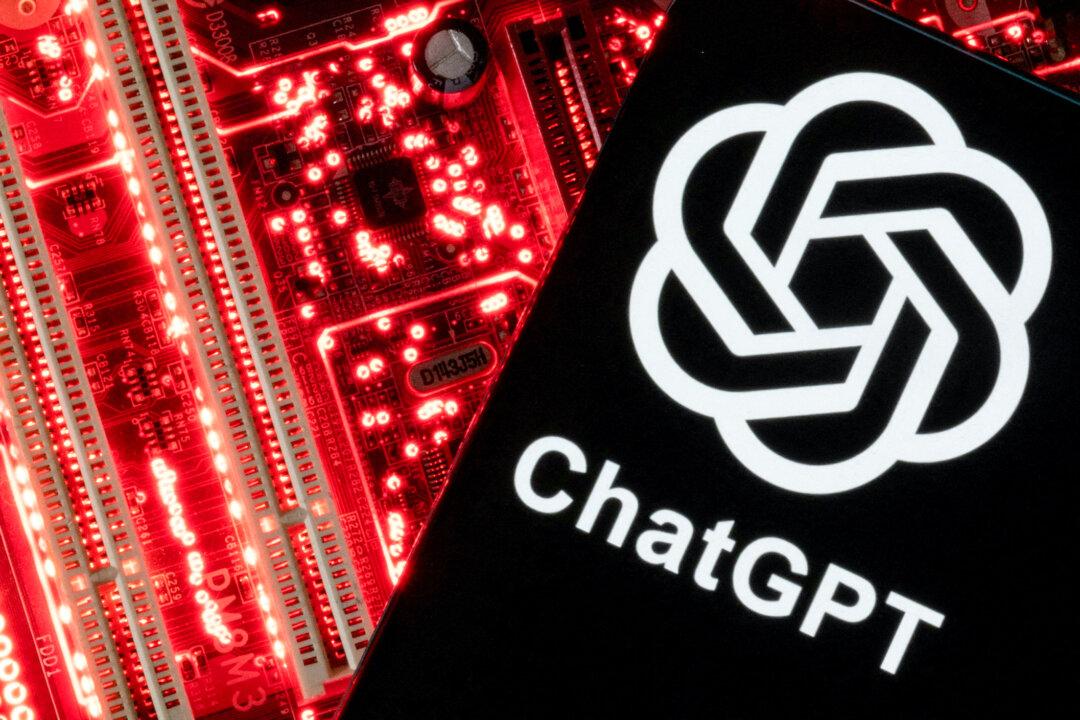“We figured out how to make humans scale,” tech CEO Emad Mostaque told attendees at the Goldman Sachs 2023 Disruptive Technology Symposium in London.
He was referring to astounding progress in the field of generative artificial intelligence, seen most notably in the app ChatGPT4, which instantly produces research results presented in nearly flawless prose, good enough to fool a college entrance examiner.





